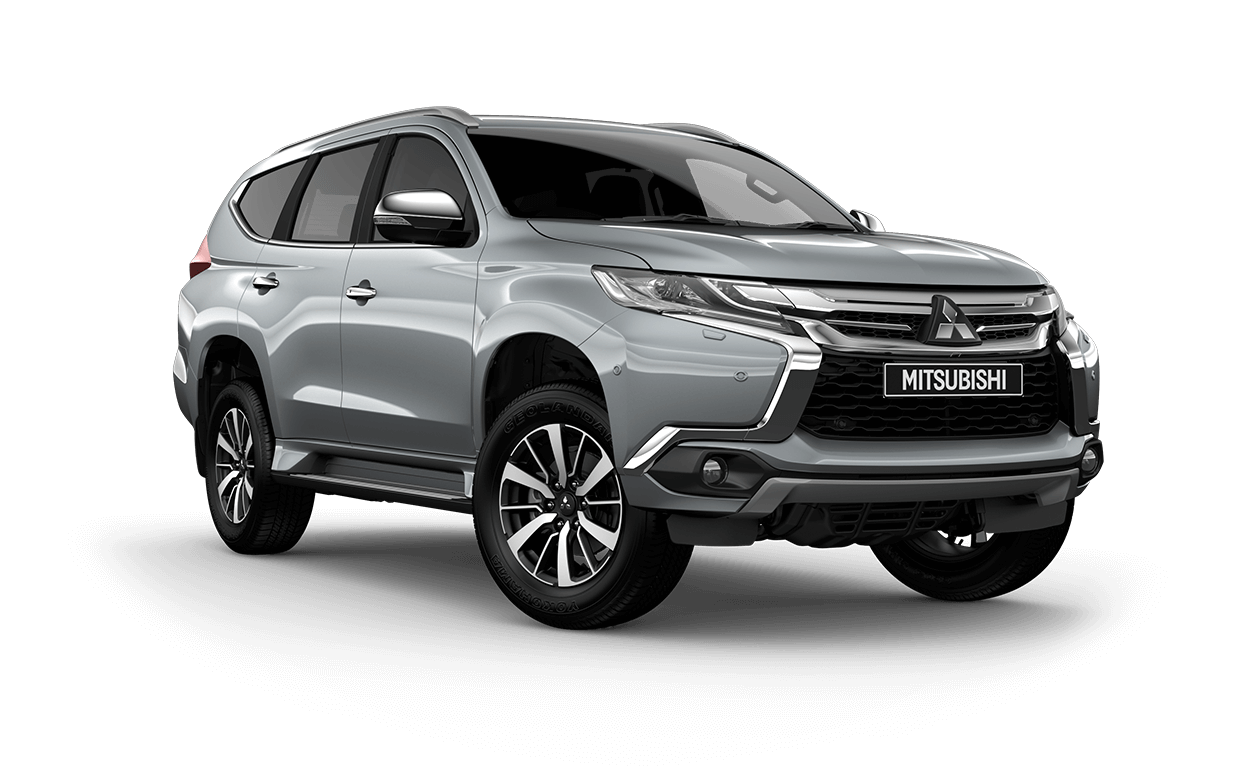- Nigeria Gets New Mitsubishi Pajero Sport
Confident that Nigeria will get out of economic recession soon, Massilia Motors Limited, representing Mitsubishi brand in Nigeria, has introduced an all-new Pajero Sport to the country, with the hope of driving the sale in its segment.
The all-new Pajero Sport is a third generation mid-size Sport Utility Vehicle developed with a stylish and comfortable off-road SUV concept, says the company.
The seven-seater SUV uses both sporty and dynamic elements, which set it apart from conventional SUV, it adds.
The Deputy Managing Director, Masilia Motors Limited, Mr. Kunle Jaiyesimi, said at the unveiling of the vehicle in Lagos that the model was a new muscle to Mitsubishi’s robust SUV range.
According to him, this is the first full redesign of the model, describing it as a product of research coming after seven years.
The redesigned model is said to bring with it a refined high quality exterior featuring the Mitsubishi Dynamic shield front face seen on recent Mitsubishi Motors concept cars.
Jaiyesimi said, “At Massilia Motors, we are committed to satisfying our customers; that is why we have created tailored services for our fleet owners and organised activities such as the Mitsubishi free checkup week where existing Mitsubishi customers were invited for free diagnosis and discounted spare parts.”
The vehicle’s detailed features were highlighted by the company’s General Manager, Sales and Marketing, Mr. Navin Chander, who said the previous generations of the new Pajero Sport were not released to Nigeria because they were available in diesel engine.
He said the vehicle’s handling stability, ride and quietness had been improved through optimisation of the suspension and improvements to the body mounts.
Interior
The interior uses a high console proportion dashboard, which befits a larger SUV, while dynamically styled silver-finish ornamentation and sculpted seats add to its luxurious feel.
The automaker promises that every guest/rider will feel special in the vehicle’s luxurious interior.
“From leather seats with smooth gathers and dual layered cushioning to relaxing spaciousness and an optimised driving position, it keeps everybody comfortable and in the best of spirits,” the firm adds.
It says riders will find the well-appointed cockpit pleasant with solid craftsmanship, supportive comfort, intelligent features and a wide open view.
According to the company, from refined meters to sophisticated floor console, every feature is fine-tuned to enhance driving pleasure and keep its riders in confident control.
“The world is yours in the new Pajero Sport. Whether confidently exploring rough terrain in the wilderness or attracting admiration on city streets, you’ll be travelling first class all the way,” the firm notes.
Engine
It came with a three-litre engine, paired to an eight-speed Automatic transmission (first for a Mitsubishi model).
The Pajero Sport GLS has a powertrain that returns 17 per cent improvement in fuel economy over its predecessor and lower CO2 emission.
Handling
Its handling is said to be stable and accurate on and off road, in all kinds of weather and driving conditions, thanks to its selectable 2WD and 4WD modes.
The firm says the vehicle’s off-road mode enhances traction on demanding surfaces, with intelligent assistance in challenging conditions, as well as advanced suspension and outstanding all-around clearance.
Safety
The vehicle came with seven air bags; a speed sensitive auto door lock; an electronic parking brake system, among other safety measures.
No compromise was made on safety during the designing process as the Mitsubishi Pajero Sport comes with RISE (Reinforced Impact Safety Evolution) body technology as well as comprehensive active and passive safety features.


 Forex3 weeks ago
Forex3 weeks ago



 Naira2 weeks ago
Naira2 weeks ago
 Billionaire Watch2 weeks ago
Billionaire Watch2 weeks ago




 Naira2 weeks ago
Naira2 weeks ago




 Naira2 weeks ago
Naira2 weeks ago






 Naira4 weeks ago
Naira4 weeks ago


 Naira1 week ago
Naira1 week ago






 Naira4 weeks ago
Naira4 weeks ago









